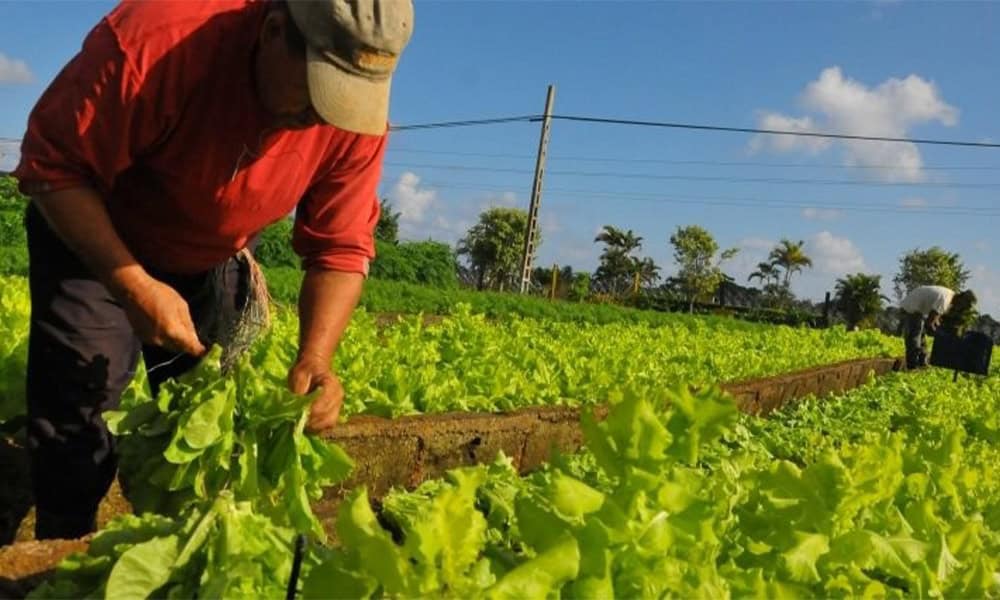Costa Rica’s agricultural exporters breathed easier last week after the United States lifted tariffs on key products, restoring duty-free access under long-standing trade agreements. The move, detailed in an executive order signed by President Donald Trump on November 14, exempts items such as bananas, pineapples, coffee, cassava, and orange juice from reciprocal duties imposed earlier this year.
These tariffs, which reached 15% on some goods, stemmed from broader trade adjustments but hit products the U.S. does not grow commercially in sufficient quantities. Officials in San José hailed the decision as a step toward stabilizing trade ties. The exemptions took effect immediately, aligning with progress in negotiations between the two nations.
Víctor Pérez, president of the Costa Rican Chamber of Exporters (CADEXCO), pointed to the sector’s endurance amid ongoing pressures. “The recent U.S. executive action on tariffs affecting Costa Rica and other agricultural products brings temporary relief to our resilient agricultural sector, which, despite these measures and other competitiveness challenges, has continued exporting steadily to markets worldwide, particularly the United States,” Pérez said.
He stressed the need for vigilance. “We will continue monitoring these measures and the broader tariff environment within the context of our relationship with the United States to help ensure long-term stability. This is essential for our export sector to maintain its competitiveness in this market,” he added.
The Chamber of Agriculture and Agroindustry (CNAA) echoed that sentiment, calling the order a return to standard trade practices. “This decision, formalized through an executive order from President Donald Trump, provides legal certainty for our exporters and strengthens confidence in our commercial relationship with our main trading partner,” said CNAA president Oscar Arias Moreira.
Arias highlighted the mutual benefits of established pacts. “We believe this decision reaffirms the value of the trade commitments and principles that have long guided the relationship between the two countries,” he said.
He also noted agriculture’s role in the economy. “Agricultural exports generate thousands of direct and indirect jobs in rural areas and remain a fundamental pillar of Costa Rica’s economy. We view this development positively and hope that favorable conditions will be preserved over the long term to continue supporting growth and stability in the sector,” Arias concluded.
The banana sector, a major player in national exports, felt the impact keenly after facing tariffs alongside weather disruptions this year. The National Banana Corporation (Corbana) responded promptly. “We welcome with great optimism the suspension of tariffs on Costa Rican bananas in such an important market as the United States,” Corbana stated.
“This provides significant relief for the industry, which has faced major climate-related challenges this year, and reinforces Costa Rica’s position as a reliable, high-quality agricultural supplier to the U.S. market,” the group added.
The exemptions extend beyond Costa Rica to similar products from other Latin American countries, part of Trump’s push to lower food costs domestically by easing duties on imports. In April, the U.S. had broadened tariffs globally, but this latest order carves out over 200 agricultural items, including tropical fruits and juices.
Costa Rica’s Ministry of Foreign Trade confirmed the list includes piña, banano, yuca, jugo de naranja, and café, aligning with CAFTA-DR provisions. Exporters had raised alarms over potential price hikes and lost market share, especially as the U.S. accounts for a large portion of the country’s agricultural shipments.
While bilateral talks continue to address wider trade rules, this suspension offers immediate support. Industry leaders remain watchful, aware that the one-year duration could prompt further adjustments.
For rural communities dependent on these crops, the relief means sustained employment and investment. Bananas alone employ tens of thousands, and pineapples have grown into a key export over the past decade.
As negotiations progress, Costa Rican producers aim to secure permanent access, building on decades of partnership with their northern neighbor.






